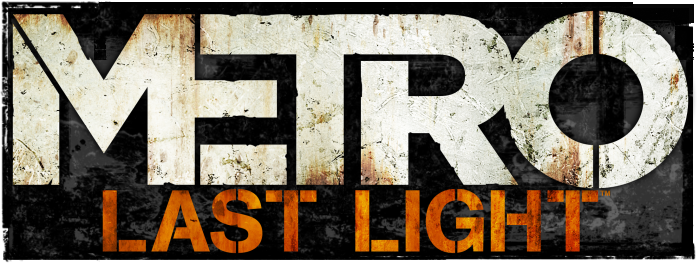.a970 { width: 970px; margin: 0 auto; } ".ob_get_contents();
ob_end_Clean();
}elseif($mmorpgforums970Active == "yes" && $mmorpgforums970Campaign == 2){
ob_start();
include($ad970x250path .'ad970x250_2.php');
$ad970x250 = "".ob_get_contents();
ob_end_Clean();
}elseif($mmorpgforums970Active == "yes" && $mmorpgforums970Campaign == 3){
ob_start();
include($ad970x250path .'ad970x250_3.php');
$ad970x250 = "".ob_get_contents();
ob_end_Clean();
}
//echo $ad970x250;
Huw Beynon on Metro Last Light and the hell that is E3
Discussion in 'Metro: Last Light Media' started by majnu, Oct 4, 2012.
